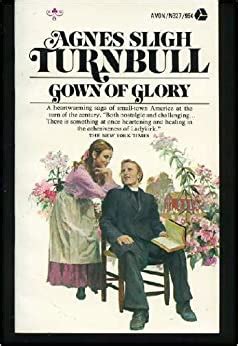A Quote by Dorothy L. Sayers
Well-bred English people never have imagination.
Quote Topics
Related Quotes
Bad language or abuse, I never, never use, Whatever the emergency; Though 'Bother it' I may Occasionally say, I never use a big, big D : What, never? : No, never! : What never? : Well, hardly ever! : Hardly ever swears a big, big D Then give three cheers, and one cheer more, For the well-bred Captain of the Pinafore!
The larger an English industry was, the more likely it was to go bankrupt, because the English were not naturally corporate people; they disliked working for others and they seemed to resent taking orders. On the whole, directors were treated absurdly well, and workers badly, and most industries were weakened by class suspicion and false economies and cynicism. But the same qualities that made English people seem stubborn and secretive made them, face to face, reliable and true to their word. I thought: The English do small things well and big things badly.

































